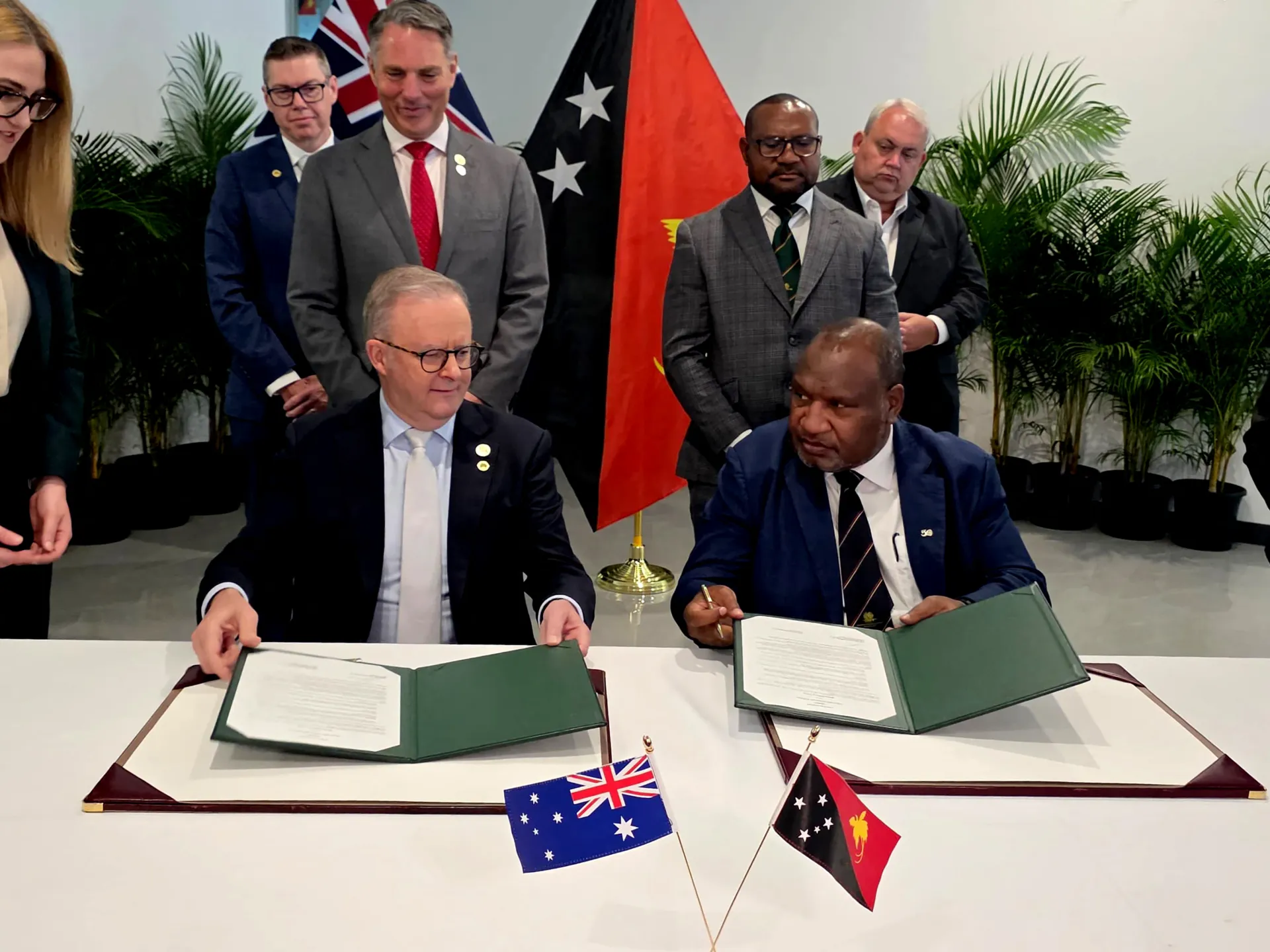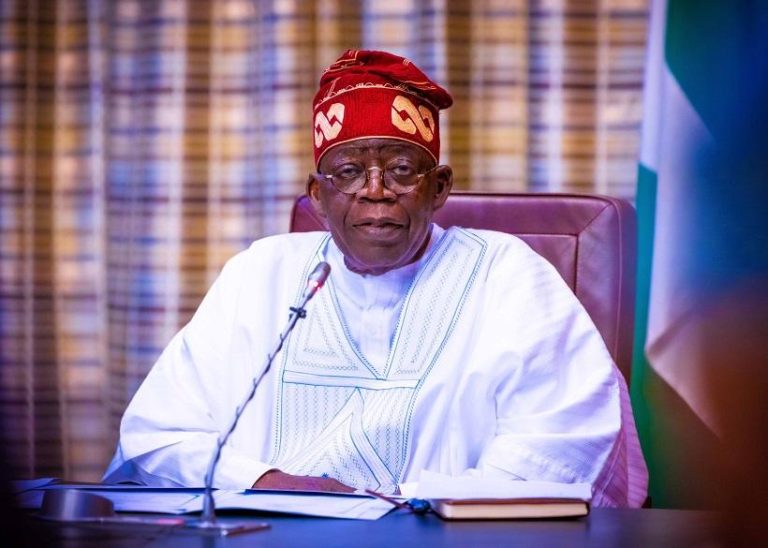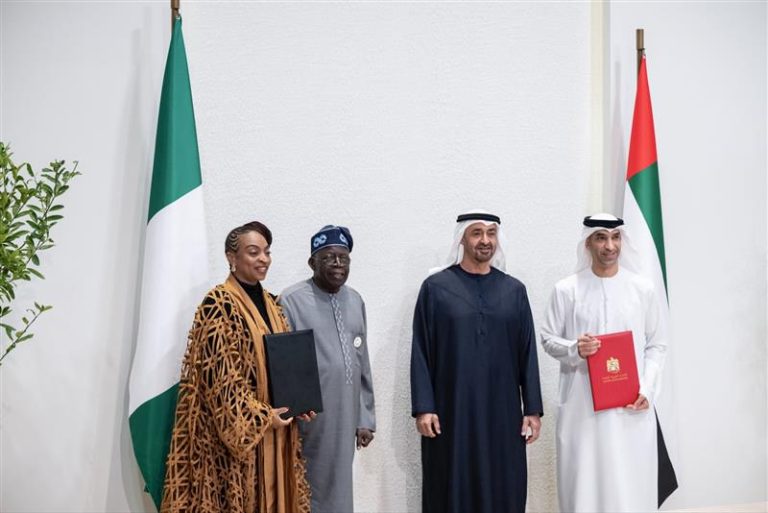
Australia and Papua New Guinea (PNG) have signed a landmark defence and security agreement granting Canberra access to PNG’s military bases and personnel — a pact that cements decades of close ties and signals a united front amid growing Chinese influence in the Pacific.
Under the agreement — officially called the Pukpuk Treaty, named after the Tok Pisin word for crocodile — both nations pledge mutual defence assistance if either comes under attack. The treaty also deepens military cooperation, cyber defence, and intelligence-sharing between the two neighbours.
The deal, signed on Monday in Canberra by PNG Prime Minister James Marape and Australian Prime Minister Anthony Albanese, will allow up to 10,000 Papua New Guineans to serve in Australia’s armed forces, with a pathway to Australian citizenship.
With a population nearing 12 million, PNG is the largest and most populous nation in the South Pacific, making it a strategic partner in maintaining regional stability.
“This agreement is built on generations of mutual trust,” Albanese said. “It reflects our shared commitment to ensuring the Pacific remains peaceful, stable, and prosperous. By strengthening our security ties, we also strengthen our own security.”
Marape, for his part, emphasized that the agreement was not a reaction to geopolitical rivalry, but rather a continuation of PNG’s long-standing alliance with Australia.
“We have been transparent with China,” Marape said. “Australia is our security partner of choice, and our other relationships have not been compromised.”
Analysts say the defence pact is part of Canberra’s broader effort — alongside allies like the United States — to counter Beijing’s expanding influence in the Pacific.
Over the past few years, China has strengthened trade and security ties across the region, including a controversial 2022 security deal with the Solomon Islands that saw Chinese police deployed there, followed by another policing pact in 2023.
In response, Australia has stepped up its regional diplomacy — investing A$190 million in the Solomon Islands’ police force and building a police training centre, alongside new security and infrastructure agreements with Tuvalu and Vanuatu.
The new PNG pact ensures that China will not enjoy the same strategic access to infrastructure or defence networks in Port Moresby as it does elsewhere in the Pacific, said Oliver Nobetau, project director of the Lowy Institute’s Australia–PNG Network.
“This agreement helps lock in Australia’s role as PNG’s primary security partner,” Nobetau said. “It also helps address Australia’s recruitment challenges — PNG has an abundance of able-bodied citizens eager to serve and possibly build new lives in Australia.”
He added that the deal serves as a subtle signal to Washington, demonstrating that “Australia and PNG are capable partners in maintaining Pacific stability even amid wavering U.S. engagement.”
The Pukpuk Treaty also provides for joint annual military exercises, expanded cyber and electromagnetic warfare collaboration, and integrated operations between both armed forces. PNG’s Defence Minister Billy Joseph told ABC News the pact would mean the two militaries are now “totally integrated.”
According to the treaty’s text, any armed attack on one country would be deemed “dangerous to the peace and security” of the other, obligating both to act in response.
“Like a crocodile, this treaty has bite,” the document reportedly states, emphasizing the interoperability and readiness of both forces.
While the agreement has been hailed as historic, it has also sparked debate within PNG.
Security analyst Dr. Anna Powles of Massey University in New Zealand said the deal would modernize PNG’s military and boost morale but raised questions about its compatibility with PNG’s “friends to all, enemies to none” foreign policy stance.
“There are concerns that aligning so closely with Australia on security matters may challenge PNG’s non-aligned diplomatic posture,” she noted.
Former PNG Defence Force commander Jerry Singirok also cautioned that the pact could carry “a high cost” for the country.
“Australia may view China as a potential threat,” Singirok said, “but China is not PNG’s enemy.”
The Pukpuk Treaty represents one of the most significant regional defence accords in recent years — a powerful statement of unity between Canberra and Port Moresby, and a clear message that the Pacific’s security future will be shaped by its own nations, not external powers.



